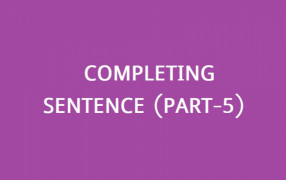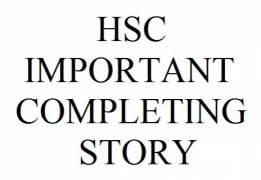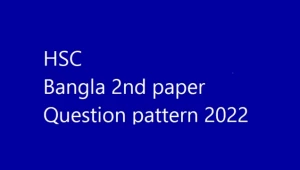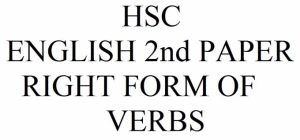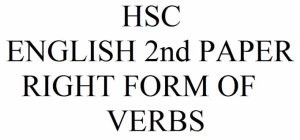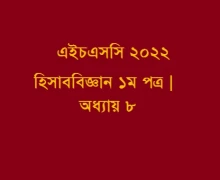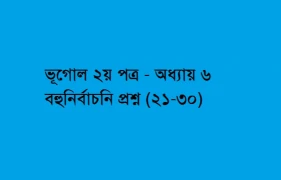COMPLETING SENTENCE (PART-3)
Rule 4:
As if/As though
'As if' or 'as though' is used to express an 'unreal situation'. We always use past form of verbs with 'as if ‘or 'as though'. But in case of ‘Verb to Be' we must use 'were'.
Structure: Principal clause + as if/ as though + subject + verb past/were+ other words.
- He talks as if...... He talks as if he were the owner.
- He acts as if.... He acts as if he knew everything.
Note: If the Principal Clause uses past indefinite tense, we must use past perfect tense in 'as if ‘or 'as though' clause.
- He acted as if......
He acted as if he had seen me before.
Rule 5:
No sooner had.... then, hardly had......when, scarcely had......when.
These three co-relatives have the same meaning.
Structure: No sooner had + sub + past participle + other words + than + sub + past form of verb + other words.
Example: 1. No sooner had we seen the Headmaster.......
No sooner had we seen the Headmaster than we entered the classroom.
Structure: Hardly had/Scarcely had + sub + past participle + other words + when + sub + past form of verbs + other words.
- Hardly had we heard the bell.... Hardly had we heard the bell when we entered the classroom.
- Scarcely had they reached the station.... Scarcely had they reached the station when the train left.
Rule 6:
It is time/It is high time (It means already it is too late, it
is time to start something without further delay)
Structure: It is time/ It is high time + sub + past form of verb +other words.
- It is high time ....It is high time we started for the station






